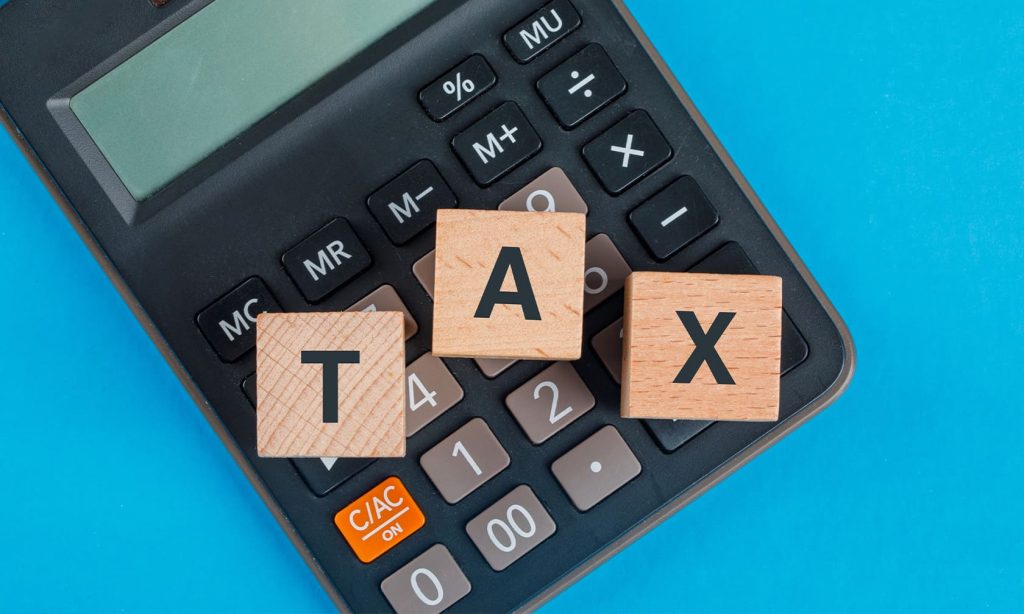Trusts can be a powerful tool for protecting your assets and ensuring they’re passed down according to your wishes. But when it comes to taxes, things can get a little tricky. Don’t worry—we’ve broken it down into simple terms so anyone can understand how trusts are taxed.

What Is a Trust?
A trust is a legal arrangement where one person (the trustee) manages assets for the benefit of someone else (the beneficiary). For example, you can create a trust to manage money for your children until they’re old enough to handle it themselves.
2. Types of Trusts and Their Tax Treatment
The way a trust is taxed depends on whether it’s revocable or irrevocable:
- Revocable Trusts (Living Trusts):
- You (the grantor) can change or cancel the trust anytime.
- For tax purposes, you’re still considered the owner of the assets. This means the income generated by the trust is reported on your personal tax return.
– Irrevocable Trusts:
– You give up control over the assets placed in the trust.
– The trust becomes its own entity and must file its own tax return. Any income the trust earns is taxed at higher rates than individual income.
3. How Income Taxes Work for Trusts
Trust income can be taxed in two ways:
- If the trust keeps the income: The trust pays taxes on it.
- If the trust distributes the income: The beneficiary pays taxes on it.
Example:
- The trust earns $10,000 in interest from investments.
- If the trustee keeps the $10,000 in the trust, the trust pays taxes (often at high rates).
- If the trustee distributes the $10,000 to the beneficiary, the beneficiary reports it as income on their personal tax return.
4. Estate and Gift Taxes
Trusts can help reduce estate and gift taxes, but here’s the simple breakdown:
- Revocable Trusts: Assets are still part of your taxable estate, meaning they’re subject to estate taxes after your death.
- Irrevocable Trusts: Assets in these trusts are typically excluded from your taxable estate, which can save your heirs a lot in taxes.
5. Special Trusts for Tax Efficiency
Some trusts are designed to reduce taxes:
- Charitable Remainder Trusts: Provide income to you or your family now and donate the remainder to charity later—plus, you get a tax deduction.
- Grantor Retained Annuity Trusts (GRATs): Let you transfer assets to your heirs while minimizing gift taxes.
6. Why Tax Rules Matter
Without proper planning, a trust could cost you or your beneficiaries more in taxes than necessary. Working with a financial advisor or estate planner ensures you’re using the right type of trust and taking advantage of available tax benefits.
7. Key Takeaways
- Trusts can help you manage and protect your assets.
- Taxes on trusts depend on their type (revocable or irrevocable).
- Proper planning can reduce taxes for both you and your heirs.
Therefore, in New York, naming a guardian for your minor children in your will is not just a legal formality; it’s a profound expression of parental responsibility. Taking the time to carefully consider and designate a guardian ensures that your children are placed in capable trusted hands, providing them with stability and care during challenging times.
Call us with questions.
+1 212 518 3868


